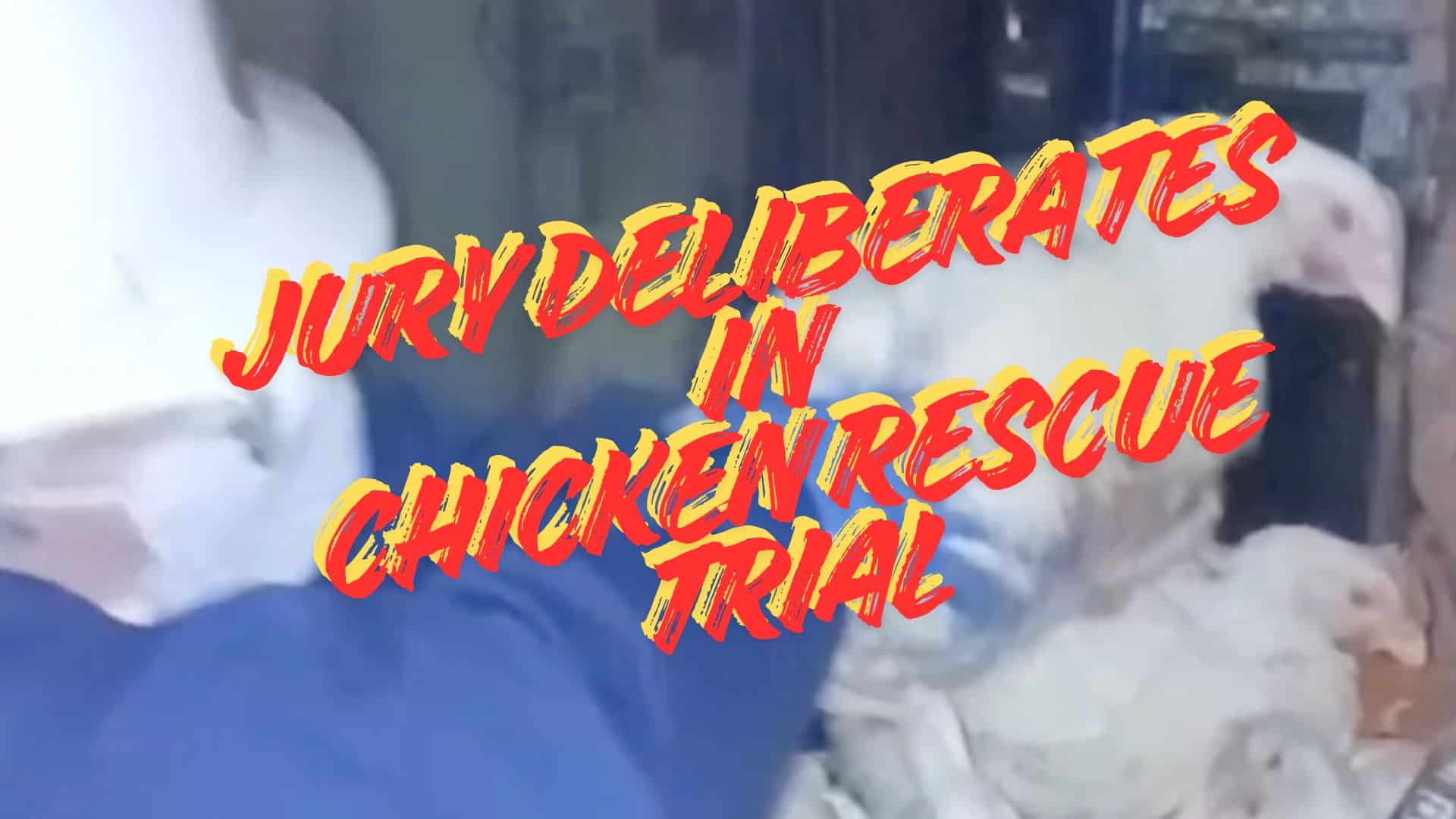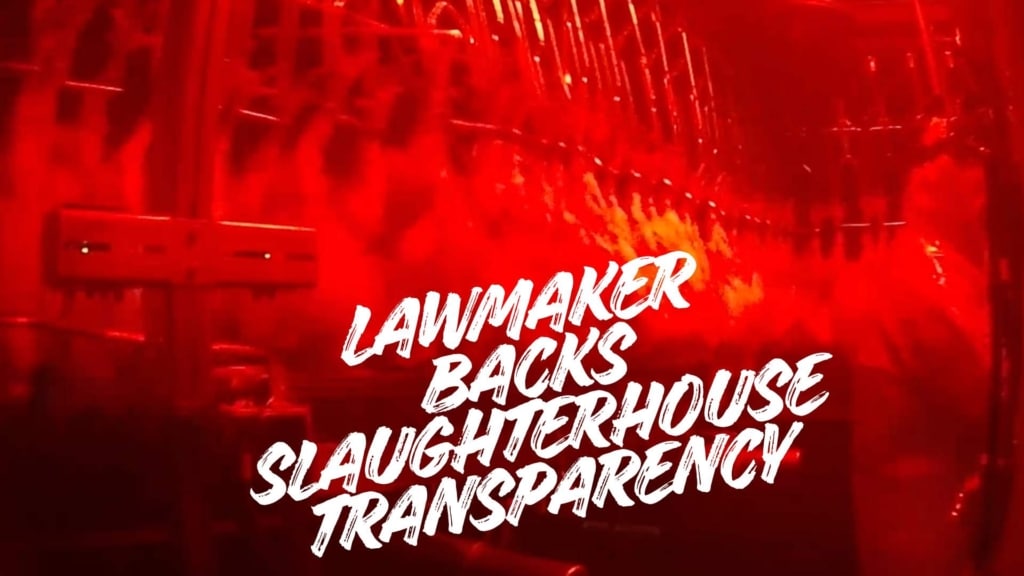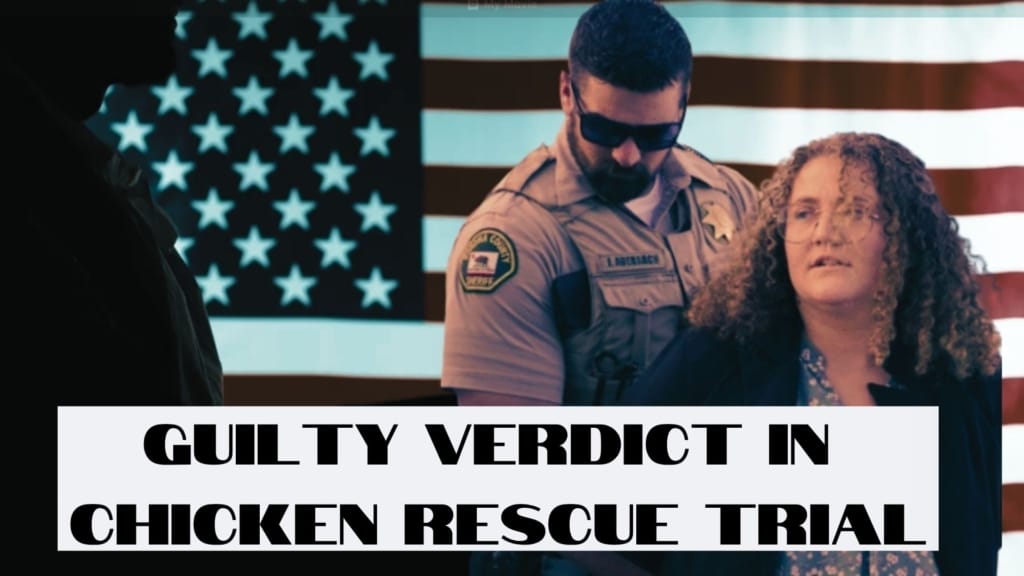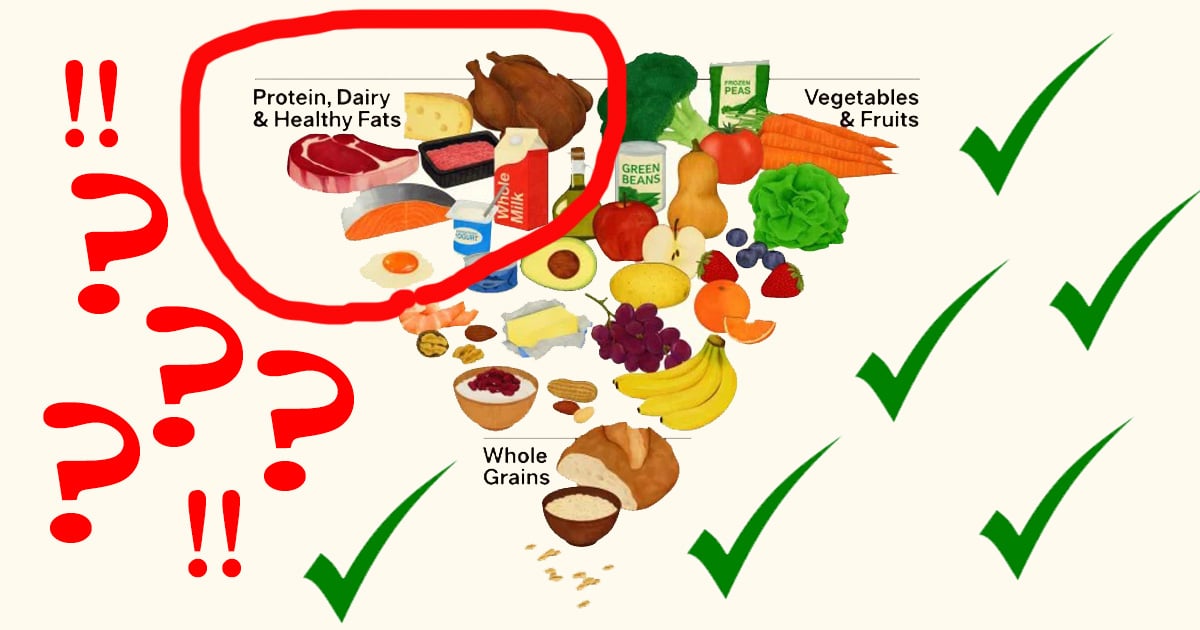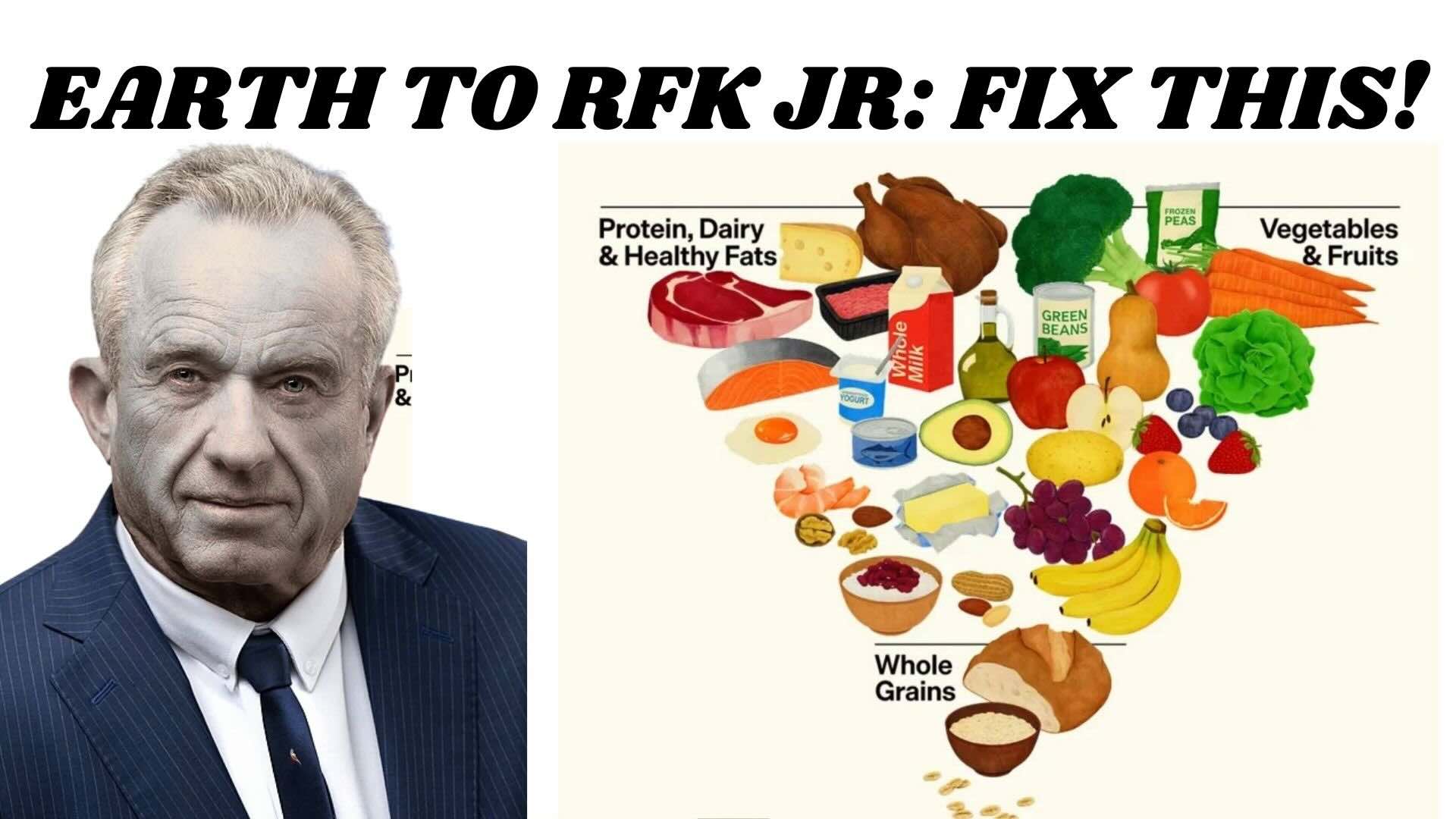Jury Deliberates in Zoe Rosenberg Chicken Rescue Trial: History on the Line
Share This
The Zoe Rosenberg chicken rescue trial ignites a global reckoning over industrialized animal agriculture and the right to rescue.
The Zoe Rosenberg chicken rescue trial has become far more than a local courtroom drama—it’s a test of humanity’s conscience. As jurors deliberate, the world watches a case that could reshape how society defines compassion, justice, and property in the age of industrialized animal agriculture. Rosenberg, 23, faces about five years in prison for rescuing four chickens she said were sick and suffering from a California slaughterhouse. The charges may be local, but the implications have global reach with an in-depth piece on the case in The Guardian, based in the United Kingdom. Do these felony and misdemeanor charges criminalize compassion and, if so, what does that reveal about the moral cost of the modern food system?
CLOSING ARGUMENTS AND PANEL DISCUSSION
For seven weeks, the courtroom has been awash in arguments that mirror a global ethical divide. Prosecutors framed Rosenberg’s act as a calculated conspiracy; the defense described it as an act of conscience. “This is history in the making,” one UnchainedTV commentator observed during the network’s live coverage of the trial, which encompassed about 25 hours of live panel discussions over 7 weeks. Supporters of Rosenberg see her not as a criminal but as a whistleblower exposing suffering hidden from view. The 4 chickens have become symbols of a larger debate: Should rescuing life ever be considered a crime?
Inside court, the prosecution accused Rosenberg of seeking attention rather than saving animals, calling her action a publicity stunt. The defense countered that her intent was purely compassionate. Rosenberg has repeatedly said, “I rescued four criminally abused chickens. Their names are Poppy, Ivy, Aster, and Azalea.” According to Direct Action Everywhere (DxE), the animal rights group of which Rosenberg is a member, the chickens were caked in feces, listless and unable to stand, with one showing signs of a bacterial infection and another with an injured toe. DxE alleges that birds sometimes flail on the slaughterhouse kill line. Rosenberg testified that she saw evidence that she concluded meant some birds were scalded alive. The prosecution and the company dispute this saying the cherry red color of some bird carcasses was from denaturant, a marking to indicate that a food product is not suitable for human consumption.
Two Completely Different Characterizations of What’s Happening
The company maintains it has the highest animal welfare standards and that its facilities comply with the law. In response to the open rescue, a spokesperson said Rosenberg’s actions bordered on “agro-terrorism” and disrupted lawful operations. UnchainedTV has repeatedly invited the company to appear on its network to share its perspective. For its part, DxE has provided news media with video it says was taken inside Perdue facilities showing chickens on their backs unable to right themselves, along with injured and dead chickens. DxE says it tried to report these findings to law enforcement but was repeatedly ignored.
DxE argues that industrial farming’s secrecy allows suffering to flourish and that open rescues, conducted peacefully and without property destruction, are acts of conscience, not crime. “When did compassion become a crime?” one supporter asked outside the courthouse as verdict watch began. For these activists, Rosenberg’s trial is not about one person—it’s about whether society will protect those who expose the reality.
A Call for LIVE Cameras inside Factory Farms & Slaughterhouses
Given these two wildly differing accounts of what’s happening inside California’s factory farms and slaughterhouses, UnchainedTV has proposed a solution: LIVE cameras inside all of the state’s factory farms and slaughterhouses, a video feed that should be broadcast to the public. This way, everyone can see with their own eyes what is happening and not have to rely on anyone else’s interpretation.
During closing arguments, prosecutors insisted Rosenberg staged the rescue for publicity, not compassion. UnchainedTV host Jane Velez-Mitchell questioned that framing: “Who goes to prison for five years for a publicity stunt?” The trial, she noted, reflects a broader struggle between consumer perception and industrial reality. Around the world, countries are reexamining intensive animal farming. Yet in Sonoma County, California, the jury must decide whether saving birds from suffering is a felony or an act of mercy.
The trial also underscores the challenges of transparency in animal agriculture cases. UnchainedTV formally applied to be the pool camera for the court proceedings but was denied, forcing coverage to rely on firsthand notes and interviews. In an era where even celebrity trials are live-streamed, questions remain about why cases involving farmed animals are kept from public view.
Throughout the trial, Rosenberg’s demeanor has remained calm but resolute. Supporters describe her as a symbol of moral courage, pointing to her lifelong commitment to animal rescue and her founding of a sanctuary as a very young teenager. “She puts the animals ahead of herself,” one ally said, noting that Rosenberg continues to suffer from chronic illness yet refused to take a plea deal. For her, the case is not just about four birds—it’s about the right to rescue any being in distress.
Beyond the courtroom, the debate continues to ripple across the world. DxE’s open-rescue model has inspired activists in multiple countries to enter factory farms and document the conditions inside. Critics call it trespassing; advocates call it civil disobedience in the tradition of other social justice movements. The Zoe Rosenberg chicken rescue trial forces society to confront a question many would rather avoid: Is rescuing utterly powerless animals an act of lawbreaking—or the foundation of moral progress?
Regardless of the verdict, this trial has already changed the conversation. It has pulled the veil back on industrialized animal agriculture and asked whether justice can flourish in darkness. Rosenberg’s words echo beyond the courthouse steps: “They deserved to live.” In that simple statement lies the essence of her defense—and a challenge that every consumer should confront.
Share This
Latest News
Stay Tuned In
Be the first to know when new shows drop! Plus, get the hottest headlines, inspiring stories, and behind-the-scenes extras. Sign up and keep streaming!
you might also like
Embracing vegan resolutions in 2026 can significantly enhance your health and environmental impact, with studies showing that well-planned vegan diets may be able to radically reduce the risk of chronic diseases while cutting your carbon [...]
By taking a bold, hopeful step for climate action, public health, and food justice, Cambridge has officially become the first city in Massachusetts to endorse the global Plant Based Treaty—joining a growing international movement that’s [...]
5 ethical tips that prove vegan travel with Veggies Abroad makes a real difference. Hollywood, Ca. January 27th, 2026 - Travel has always promised escape—new landscapes, new cultures, new stories. But as climate disruption accelerates [...]

